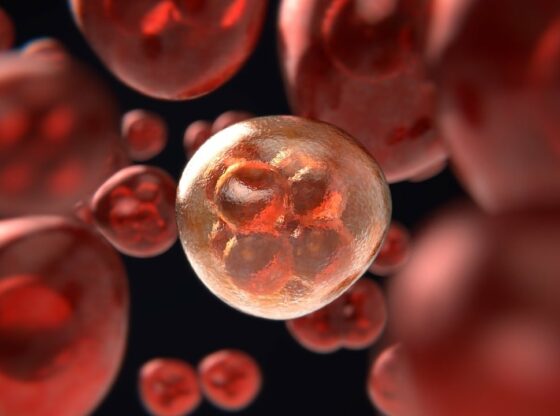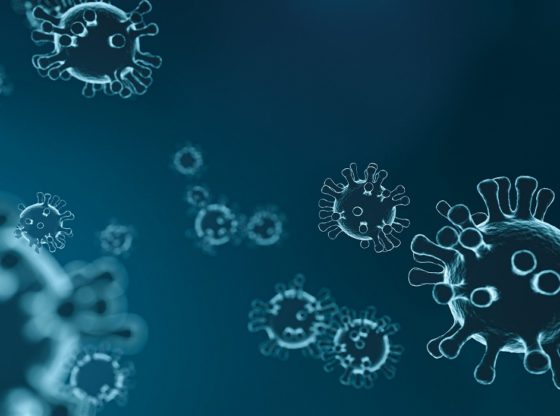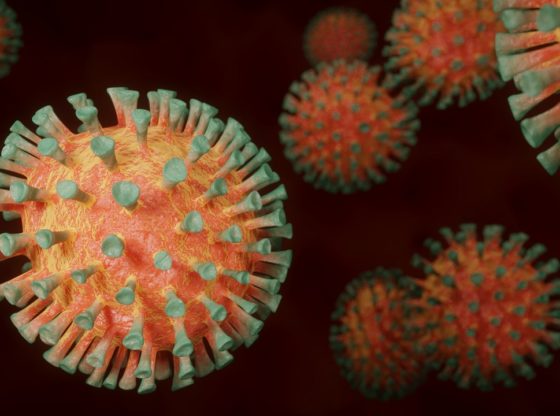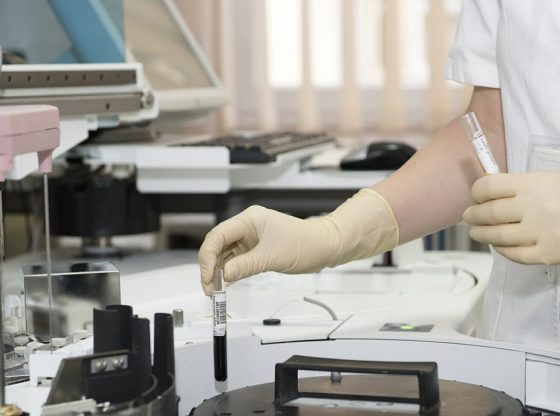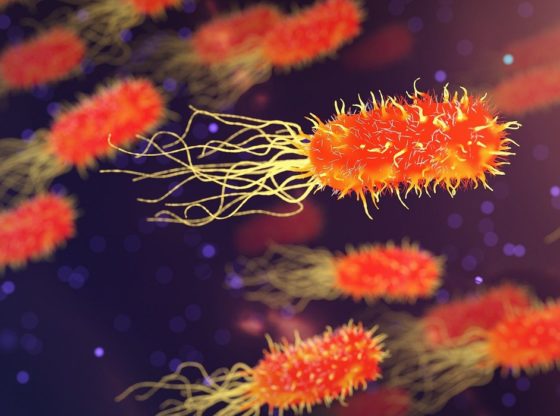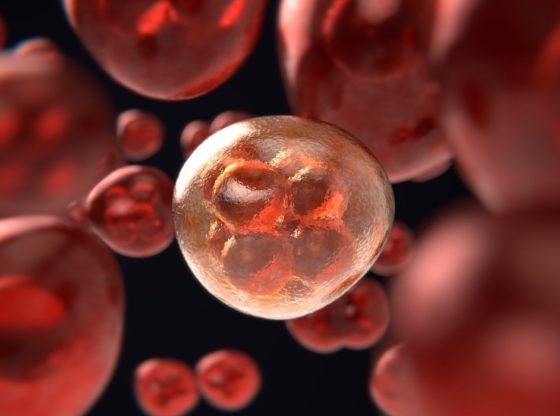Offspring of pregnant mice exposed to stress during pregnancy shows signs of stressed behavior and have difficulties with certain types of learning. The researchers suggest that it may be due to changes in intestinal bacteria of the mother transferred to the fetus.
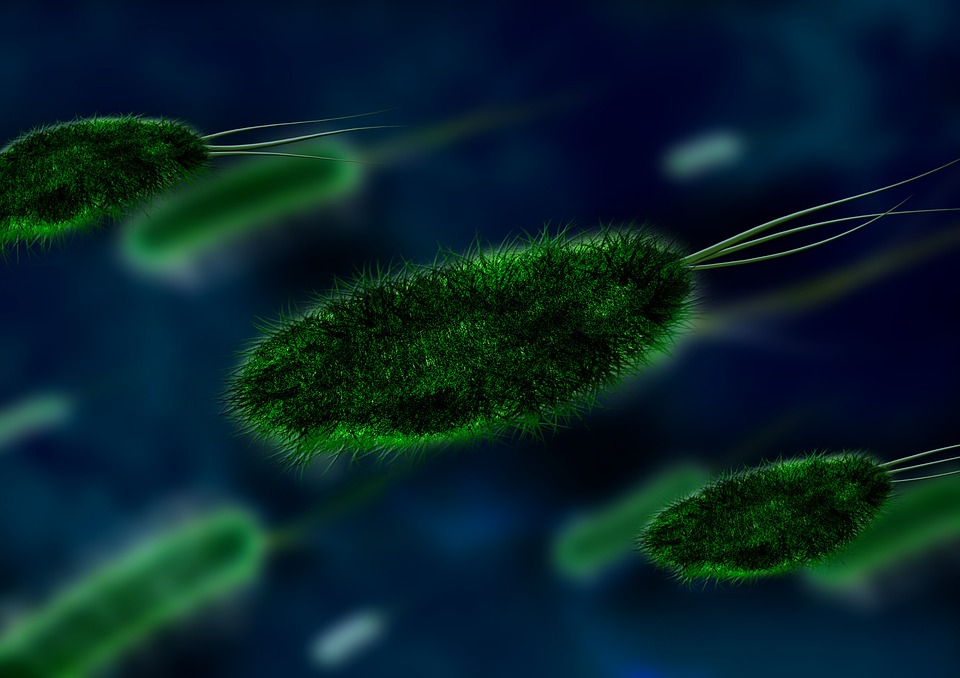
The researchers examined pregnant mice exposed to stress and noticed that stress resulted in changes of bacteria in the intestines and placenta of both the mother and the offspring. The mice whose mothers were stressed performed worse on a test that measured anxiety and stress, compared to mice whose mothers were not stressed.
“These mice had more anxiety, more time spent in dark, remote areas and showed difficulties in certain types of learning, even though they were not hustling after birth”, said Tamar Gur, a psychiatrist at Ohio State Wexner Medical Center Institute for Behavioral Medicine, and one of the researchers behind the study.
“We already understand that stress before birth can be bad for the offspring, but the question is why is,” says Tamar Gur.
Researchers found increased markers of inflammation in the placenta, the fetal brain, and the adult brain of the mice’s offspring. They also found a decrease in a supportive protein called the “brain-derived neurotrophic factor.”
Previous studies have shown that there are several links between maternal stress and later mental health and behavioral problems for the offspring in both animals and humans.
The study points to alterations in the microbes that live in the placenta and outlines changes found in the placentas of fetal mice that had stressed mothers. It is increasingly understood how important our microbiota is for our bodies, that naturally occurring bacteria is of major importance for our general health.
According to Gur, the hereditary stress from the mother is a process that occurs in the early stages of a fetus. Microorganisms from the mother’s gastrointestinal systems are among the first to colonize the fetus during early pregnancy.
Since both the offspring and the mother’s intestinal bacteria change due to mother’s stress, it would explain how and why stress can establish itself in a fetus before birth and persist up to adulthood.
Reference:
Stress-induced changes in maternal gut could negatively impact offspring for life

